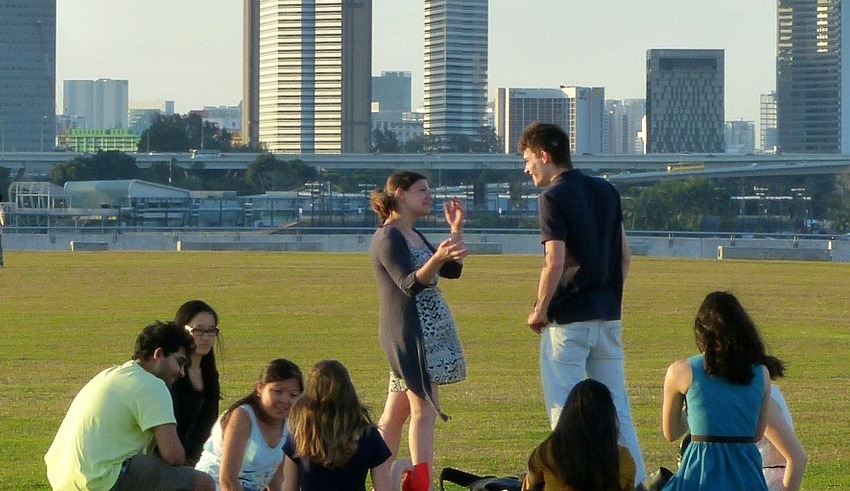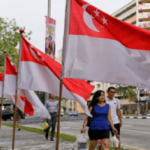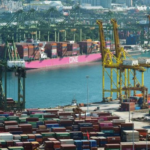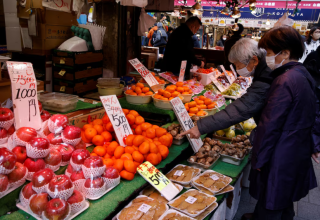
Singapore is the most livable place in the world for expatriates from East Asia, according to the latest Location Ratings assessment published by global mobility expert ECA International. Singapore’s liveability score has increased over the last year.
Covid-19 prohibitions were relaxed earlier in Singapore than in other large Asian cities, which boosted Singapore’s liveability ranking and its desirability as a location for expats.
Lee Quane, Regional Director – Asia for ECA International, said, “A location’s position in our rankings is determined by events in that location as well as in other locations we investigate. Singapore loosened social distancing regulations earlier than other places, which enabled a return to pre-pandemic norms, allowing the nation to maintain its top position in our rankings and increase its lead over other locations in terms of liveability. Moreover, the gap in liveability between Singapore and locations such as Hong Kong and Shanghai – both of which maintained or even increased Covid-19-related restrictions in 2022 – widened during the year, making Singapore an even more enticing destination than other cities in the region competing for international talent.”
The Location Ratings system of ECA objectively assesses a variety of parameters to determine the overall quality of life in over 500 global locales. Climate, availability of health services, housing and utilities, natural phenomena, isolation, access to a social network and recreational facilities, infrastructure, personal safety, political tensions, and air quality are among the factors evaluated.
This previous year, Hong Kong’s liveability ranking fell 15 positions to 92nd. This reduction is mostly attributable to the impact of Covid-19 limits in 2022 and changes in the political climate. As a result of the lifting of limitations in the post-pandemic era, several Asian locales have witnessed improvements.
Keep Reading
Quane highlighted that Hong Kong’s preservation of its Covid-19 mitigation measures in the last year stood in stark contrast to many of its regional and international peers. “Continued quarantine restrictions, the limitation of access to recreational activities, and other social distancing measures lasted throughout 2022, putting Hong Kong in a less advantageous position than other regions. In addition, the recent legislative council and chief executive elections in Hong Kong signaled changes in its political climate, which contributed to the drop in its liveability score and ranking.”
“Similarly, cities in mainland China have all plummeted in our rankings as a result of China’s zero-Covid plan, which was maintained for the most of 2022,” Quane noted.
The loosening of Covid-19 limits led to an increase in scores and rankings for ASEAN countries during the last year. Malaysia, Indonesia, and the Philippines all witnessed increases in their rankings, but Yangon, Myanmar, was the only ASEAN destination to see a decline due to the continuous deterioration of security conditions in the country.
“ASEAN nations followed Singapore’s example and loosened limits on Covid-19 correspondingly. As a result, their places in our evaluations of livability increased,” stated Quane. The difference between Singapore and Bangkok — the second-highest ranked city in the ASEAN area, but placed 115th internationally – suggests a huge imbalance within the region that must be addressed before other cities in ASEAN can provide comparable living conditions to the Lion City.
The loosening of Covid-19 limitations has led to dramatic improvements in major cities across the Asia-Pacific. Cities in Australia witnessed significant gains in their liveability rankings, while Auckland, New Zealand climbed 20 positions to become the fourth most liveable city in the world for East Asian expats.
Read More:- Indonesia struggles with shift to Sustainable Energy



























